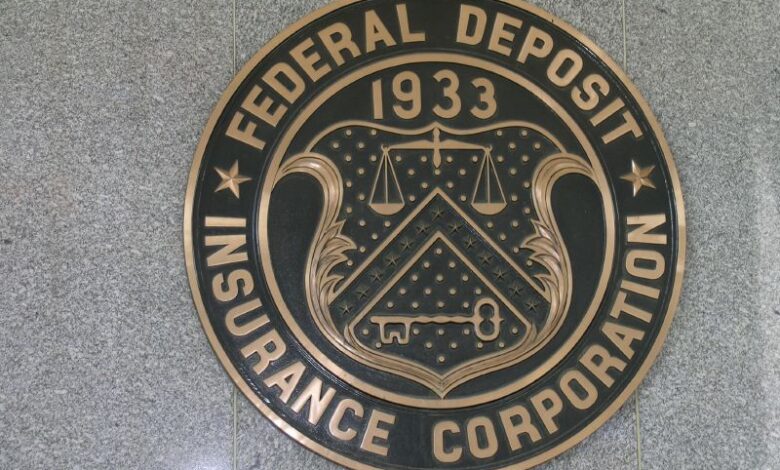FDIC Releases Crypto Banking Documents Amid ‘Chokepoint 2.0’ Probe

The Federal Deposit Insurance Corporation (FDIC) unexpectedly released a large collection of documents on Wednesday, shedding light on how the agency regulated banks’ involvement with crypto.
Acting Chairman Travis Hill stated that the FDIC is working to improve transparency as lawmakers investigate allegations of a coordinated effort to limit crypto banking access, known as “Operation Chokepoint 2.0.”
“The documents that we are releasing today show that requests from these banks were almost universally met with resistance,” Hill said in a press release. “These and other actions sent the message to banks that it would be extraordinarily difficult—if not impossible—to move forward.”
In December, the FDIC disclosed 24 letters outlining its efforts to delay or prevent U.S. banks from engaging in crypto-related activities. However, this newly released 790-page batch appears to include additional correspondence regarding banks’ ability to serve crypto firms.
One letter revealed that an FDIC official acknowledged a bank’s decision to close all accounts associated with a specific entity. While the letter did not explicitly state that the entity was a crypto firm, it also requested details on the bank’s authorization “to engage with up to a maximum of three additional crypto companies.”
The letter further stated that “banking organizations are neither prohibited nor discouraged from providing banking services to customers of any class or type,” yet industry advocates argue that the documents offer further evidence of the FDIC’s efforts to cut off crypto firms from the banking system.
The release comes just as Senate lawmakers convened a hearing on “debanking,” providing the first public glimpse into whether the FDIC unlawfully restricted the crypto industry’s access to financial services.
Bitcoin and ‘Reputation Risk’
Among the disclosures, Coinbase Chief Legal Officer Paul Grewal highlighted one document showing that a bank was discouraged from offering an account to a stablecoin issuer seeking to deposit reserves. The bank was reportedly told it “should not proceed with any crypto-asset activity” until both the FDIC and another unnamed entity deemed the practice “safe and sound.”
Grewal also noted that, in at least one case, the FDIC did not cite systemic financial risks but instead raised concerns about the bank’s exposure to Bitcoin’s volatility. According to an excerpt, the FDIC flagged “reputation risk” as a key issue in discouraging the bank from offering Bitcoin-related services.
While much of the scrutiny has been directed at the FDIC—which insures bank deposits and supervises financial institutions—the Federal Reserve has also weighed in.
Last week, Fed Chair Jerome Powell addressed the topic, stating that “banks are perfectly able to serve crypto customers, as long as they understand and can manage the risks.”
Some of the letters released Wednesday also accused banks of misleading advertising, alleging they failed to include clear disclaimers that digital assets are not covered by FDIC insurance.
Hill indicated that more disclosures could follow as the agency reassesses its regulatory stance.
“While this review remains underway, we are releasing a large batch of documents today,” he said. “Looking forward, we are actively reevaluating our supervisory approach to crypto-related activities.”





